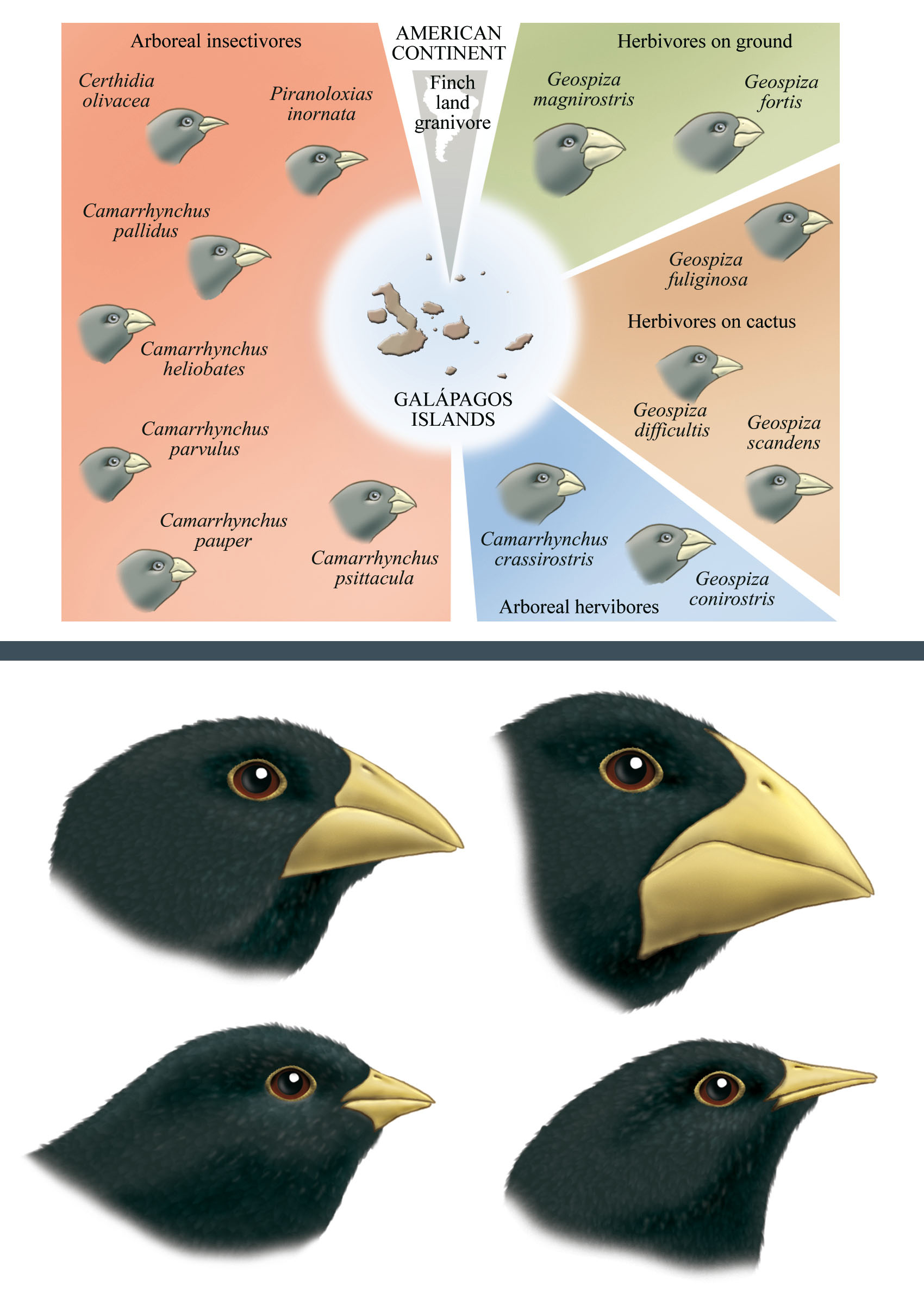

Natural selection is the process by which organisms with favourable traits are more likely to survive and reproduce, passing on those traits to their offspring. This can lead to changes in the population over time, as the traits that are most favourable for survival and reproduction become more common.
Natural selection is based on the idea of heritable variation. This means that there is variation in the traits of organisms within a population and that some of this variation is passed on from parents to offspring. For example, some deer have longer antlers than others. This is a heritable trait, meaning that the deer with longer antlers are more likely to pass on this trait to their offspring.
Natural selection also depends on differential survival and reproduction. This means that organisms with favourable traits are more likely to survive and reproduce than organisms with less favourable traits. For example, deer with longer antlers are more likely to survive and reproduce than deer with shorter antlers. This is because they are better able to defend themselves from predators and attract mates.
Over time, natural selection can lead to changes in the population. As the deer with longer antlers become more common, the average antler length of the population will increase. This is because the deer with shorter antlers are less likely to survive and reproduce.
Natural selection is a powerful force that can drive evolution. It is responsible for the diversity of life on Earth, and it continues to shape the evolution of organisms today.
Natural selection is the process by which organisms that are better adapted to their environment are more likely to survive and reproduce, passing on their genes to the next generation.

Noun: The process by which organisms that are better adapted to their environment are more likely to survive and reproduce, passing on their genes to the next generation.
Adjective: Relating to natural selection.
The word "natural selection" was coined by English naturalist Charles Darwin in his book "On the Origin of Species" in 1859. The word is a compound word that is made up of the words "natural" and "selection.".
Natural comes from the Latin word naturalis, which means "of nature.".
Selection comes from the Latin word selectio, which means "to choose.".
The word "natural selection" can be defined as the process by which organisms that are better adapted to their environment are more likely to survive and reproduce, passing on their genes to the next generation.
What is natural selection?
Question:
Explain the concept of "natural selection" in the context of evolution and provide an example to illustrate this process.
Answer:
Natural selection is a fundamental mechanism of evolution that explains how certain traits become more or less common in a population over generations. It occurs due to the interaction between heritable variations within a species and its fitness to survive and reproduce in a particular environment.
In natural selection, organisms with advantageous traits that increase their chances of survival and reproduction are more likely to pass those traits on to their offspring. Over time, these advantageous traits become more prevalent in the population, while less favourable traits decrease. This process leads to adaptation to the environment, as organisms with traits that better suit their surroundings have a greater chance of passing on their genes.
An illustrative example of natural selection is the evolution of the peppered moth in England during the Industrial Revolution. Before industrialisation, most peppered moths had light-coloured wings that provided effective camouflage against light-coloured trees. However, as factories released pollutants, the trees darkened due to soot, making light-coloured moths more visible to predators.
Address
Developing Experts Limited
Exchange Street Buildings
35-37 Exchange Street
Norwich
NR2 1DP
UK
Phone
01603 273515
Email
hello@developingexperts.com
Copyright 2025 Developing Experts, All rights reserved.